Block GBE-Missouri President Russ Pisciotta stated, “This is a huge victory for the impacted property owners and property rights. We are so thankful to all that made this possible.”
Key to the landowners’ victory is the steadfast opposition to the project by County Commissions. A transmission project must receive the assent of the commission of each county crossed prior to approval by the PSC. In Ralls County, where support of the project was rescinded, Presiding Commissioner Wiley Hibbard says he will continue to stand with his constituents.
“I am very pleased that the local control of county commissioners was upheld by the PSC. Local officials have much better insight on how these projects will affect their counties. Please know Ralls County is not against green energy, in fact our Ralls Co. Electric Co-op has over 500 megawatts of wind energy currently available. Anyone interested in taking advantage of this clean energy opportunity without taking our land by force is welcome in Ralls County,” said Hibbard.
Caldwell County Presiding Commissioner Bud Motsinger said he has tried to reflect the opinions of voting constituents.
“I am very pleased that the PSC has listened to the public comments and public opinion. It is very important for local citizens to express opinions on issues that concern them and their county. This is an example of community involvement protecting the future of Caldwell County,” said Motsinger.
Block GBE-Missouri believes that offshore wind is a viable option for the east coast, without disrupting and clear cutting thousands of acres halfway across the country in the Midwest. Offshore wind is a reliable and consistent supply because it blows during peak times, when terrestrial wind often cannot produce. Block GBE believes distributed and locally sourced renewables provide economic development to the area that will use the energy produced, and keeps energy dollars at home, where they provide local jobs and tax benefits.
Block member Jennifer Gatrel stated, “It was never about whether or not the energy was renewable, but about disruption and loss of production for the many family farms, as well as reduced property values and permanent hazards for landowners in GBE’s path. Use of eminent domain to coerce cooperation, and poor compensation, did little to convince landowners to sacrifice their wellbeing for the benefit of consumers in Missouri cities and other states far away.”
During oral arguments on the issue earlier this month, GBE’s attorney shared with the Commission that if the project was dismissed, it was dead.
“Farmers are long term thinkers. We plan in decades, not years. We will fight this as long as it takes. Property rights are worth protecting,” said Block GBE spokeswoman Jennifer Gatrel.
BACKGROUND: Grain Belt Express was a 780-mile high-voltage direct current transmission proposed to run from Kansas to Indiana to move wind energy from the Great Plains to the East Coast.
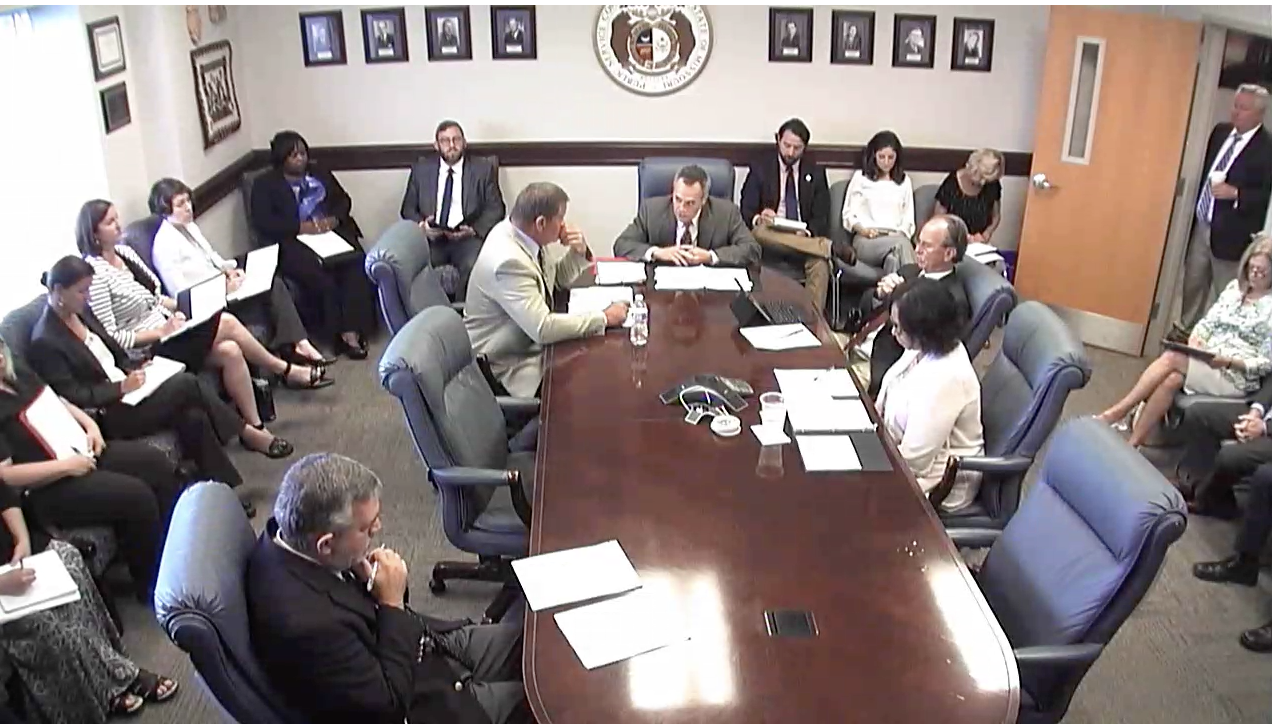
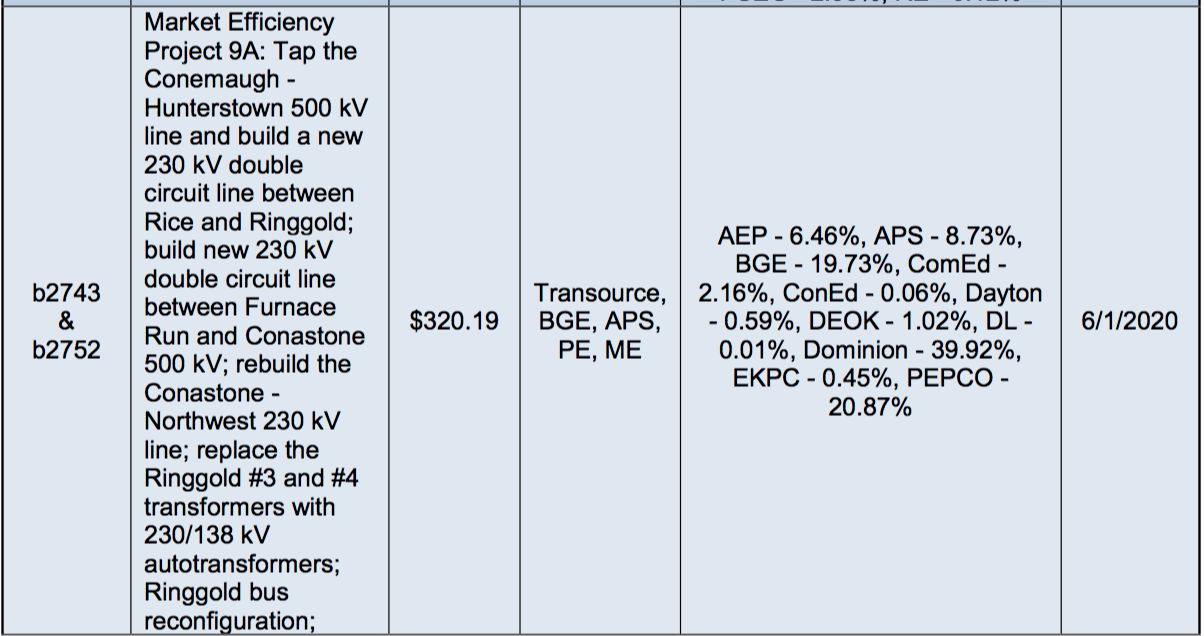


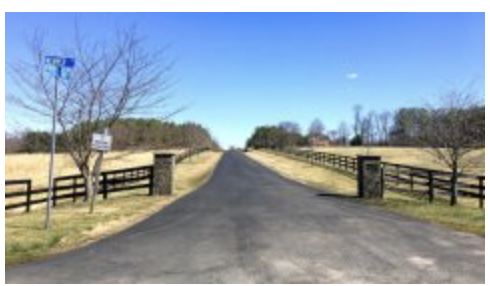

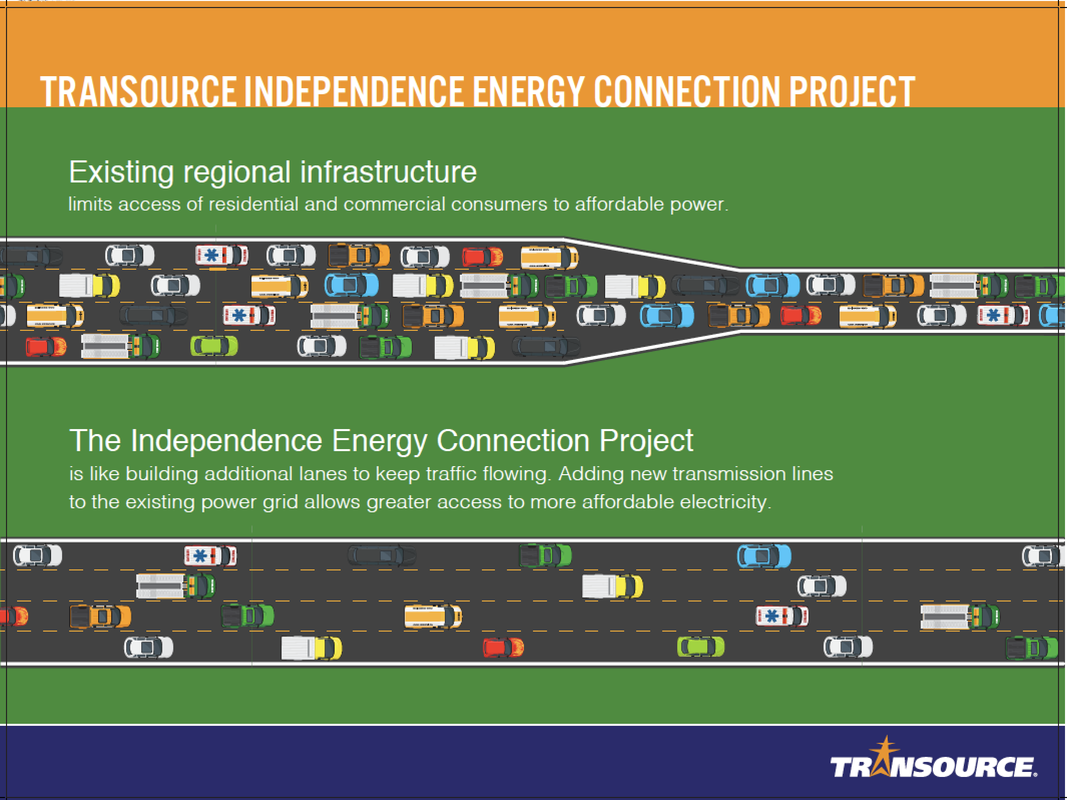
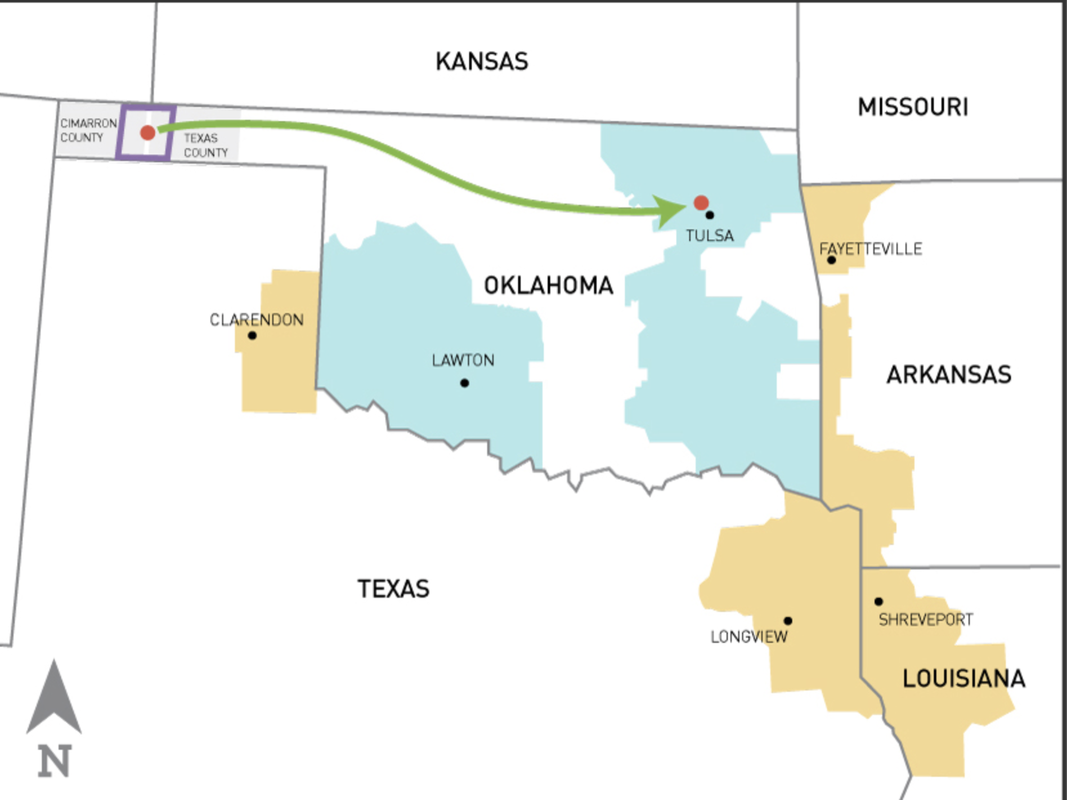
 RSS Feed
RSS Feed